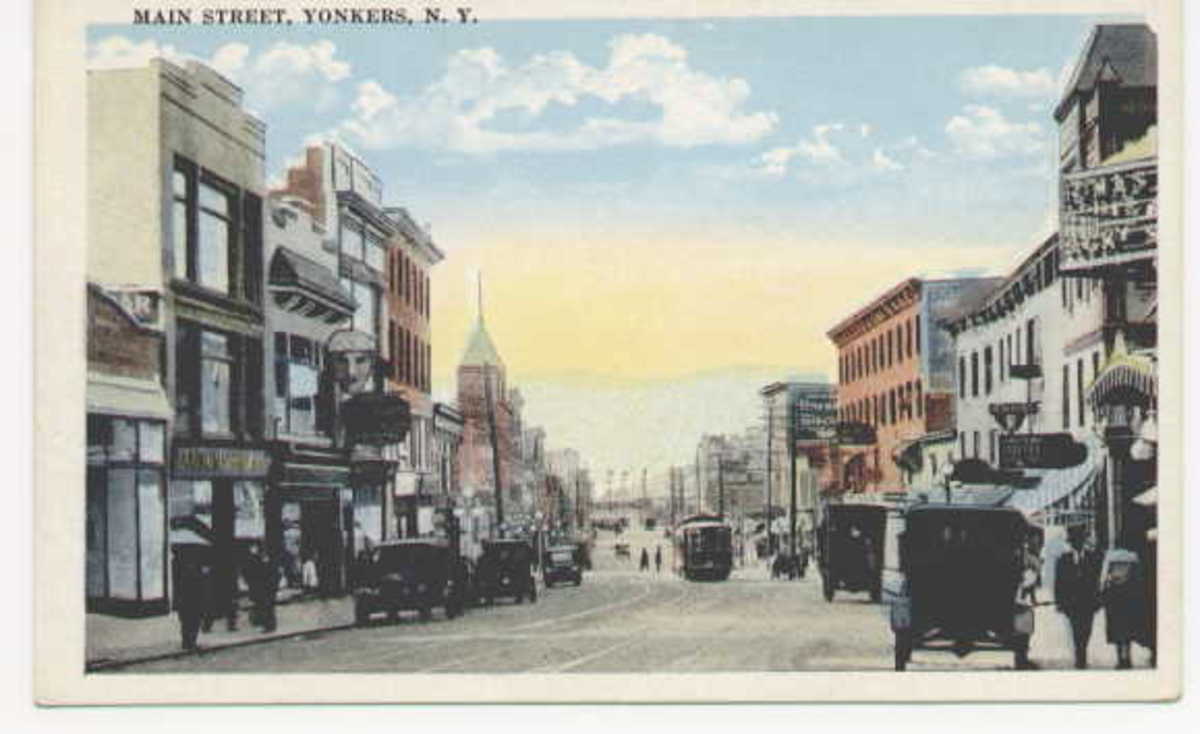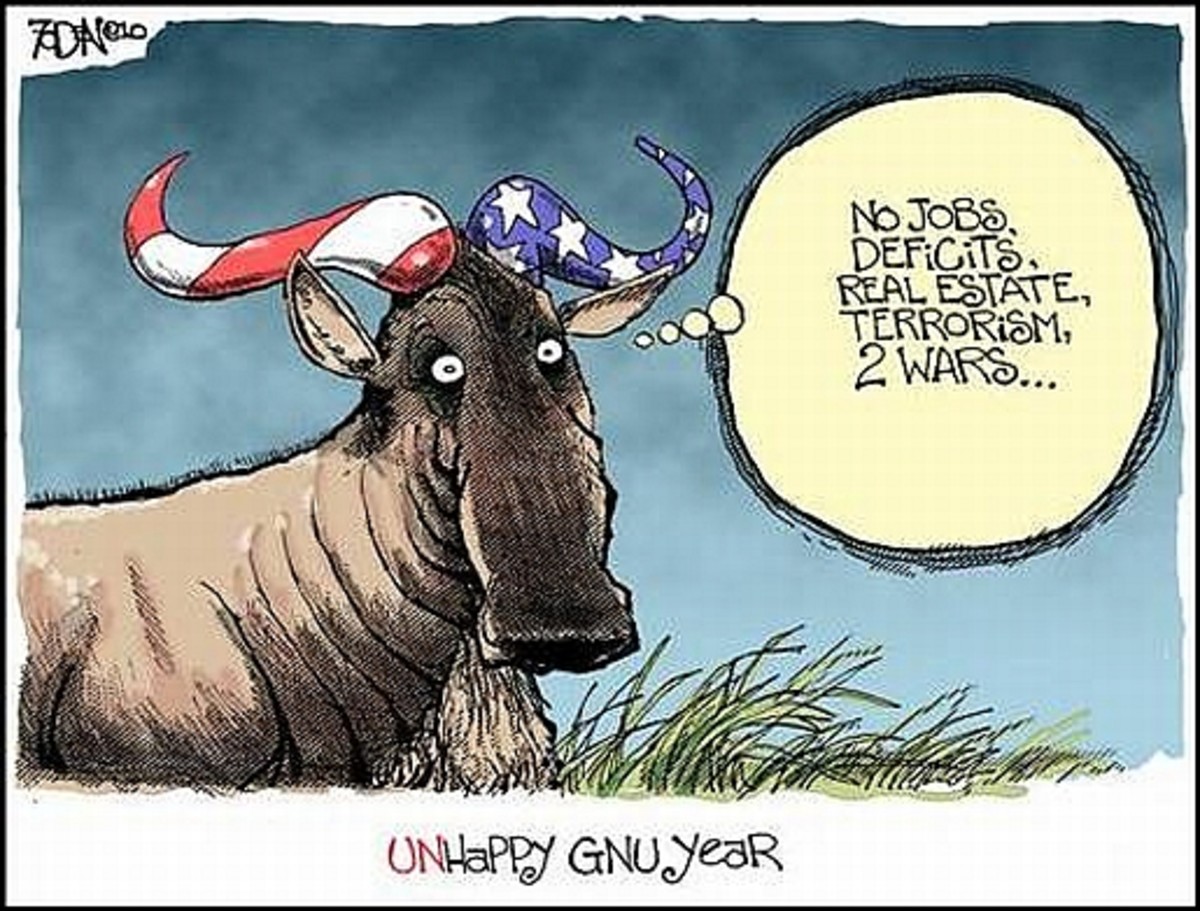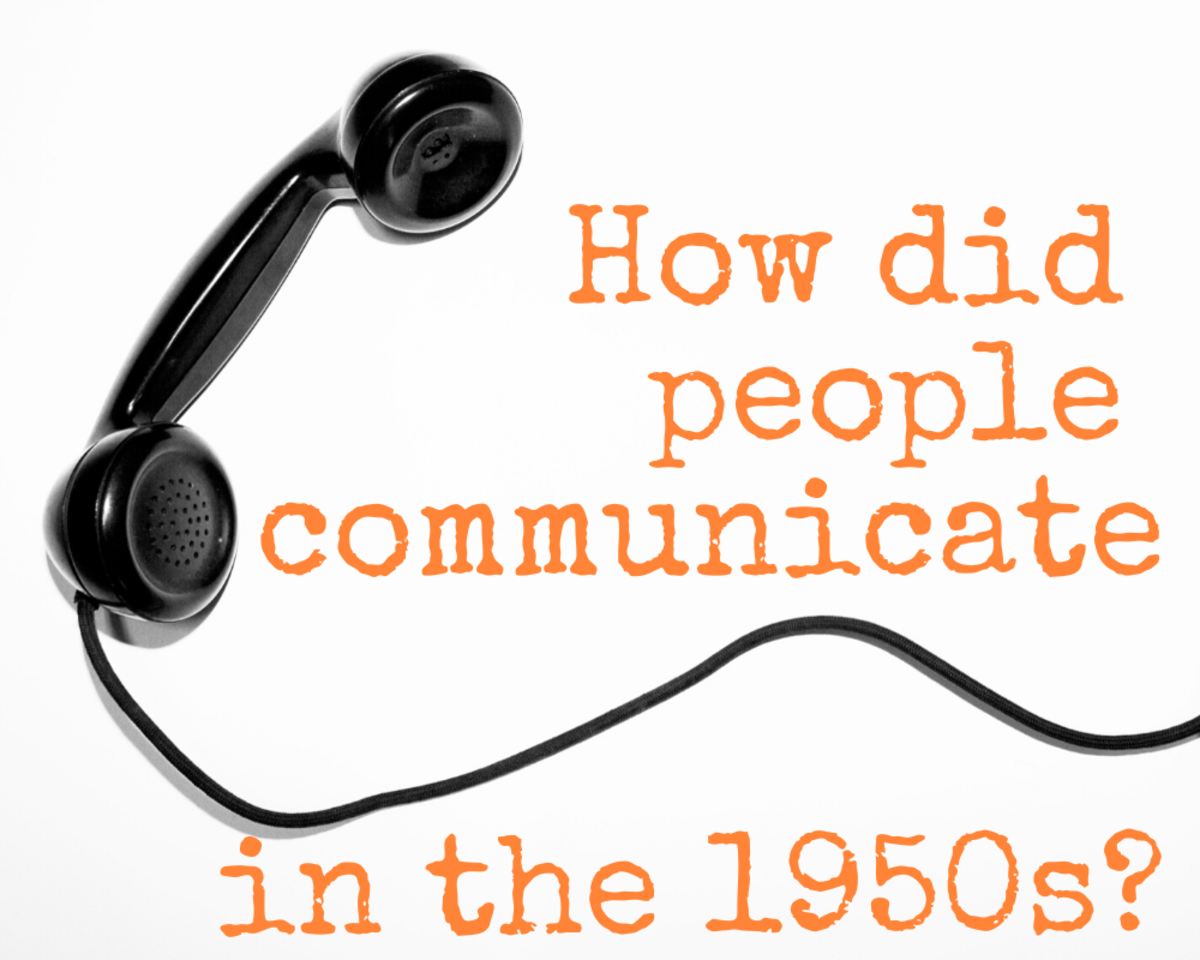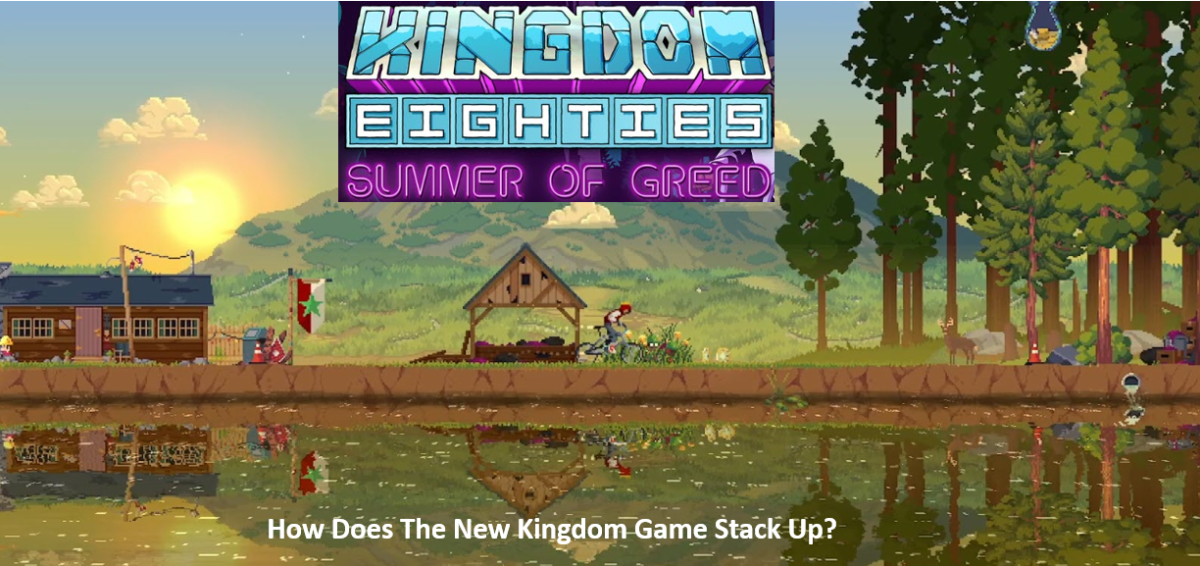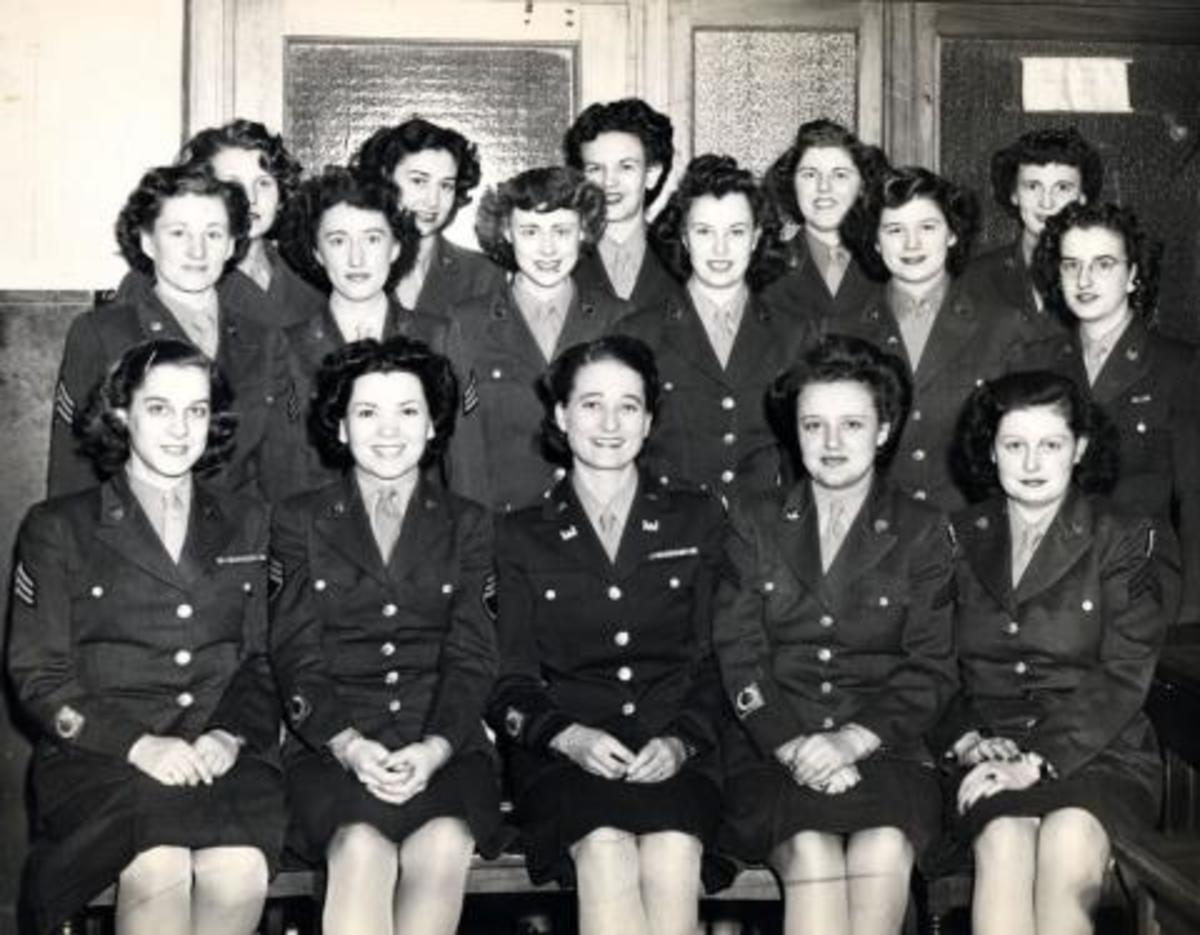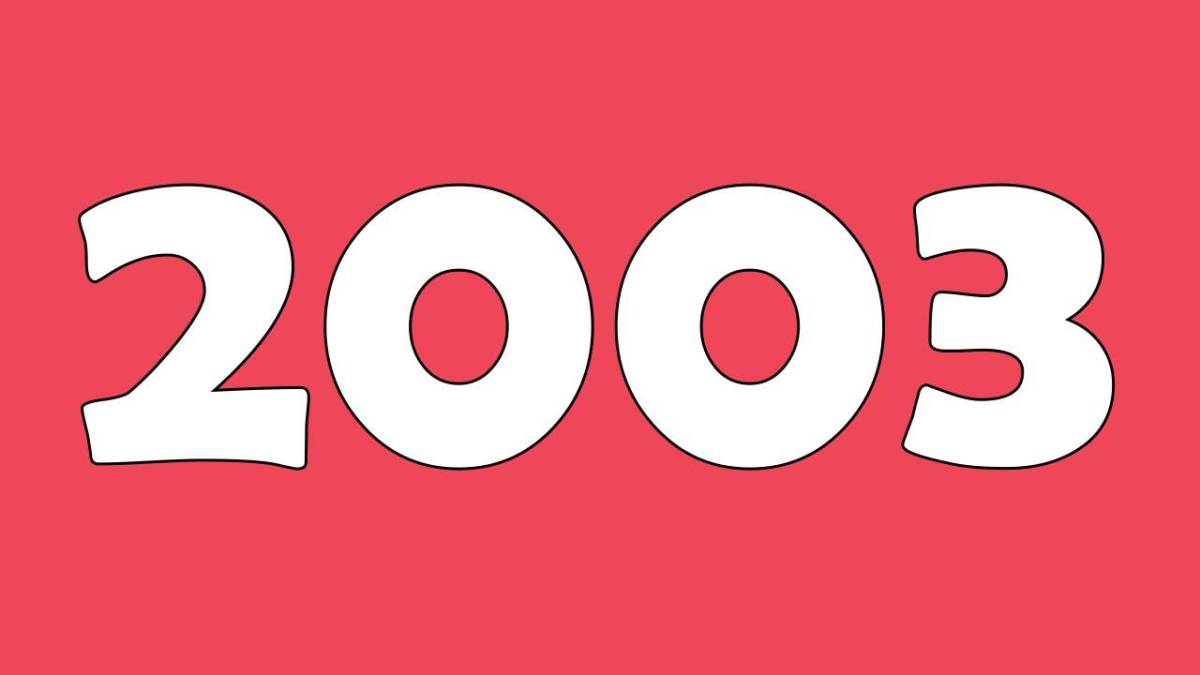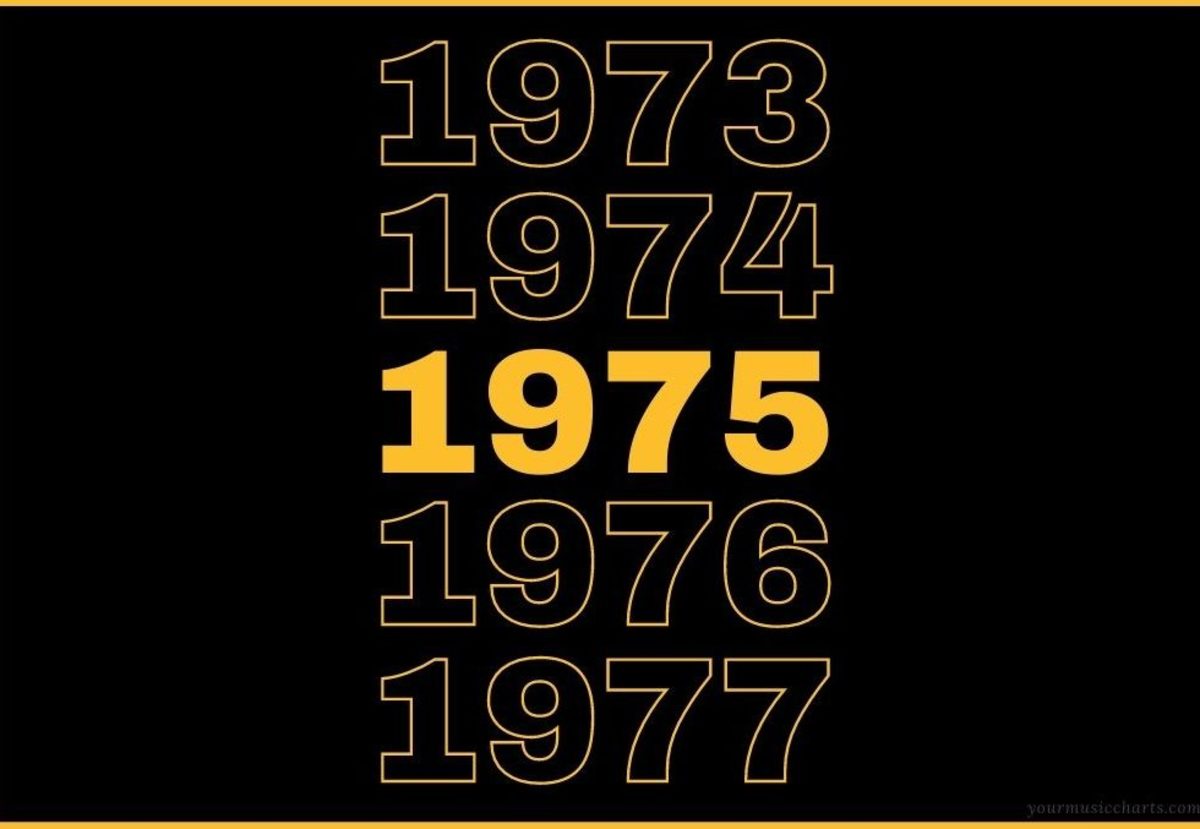- HubPages»
- Education and Science»
- History & Archaeology»
- History of the Modern Era»
- Twentieth Century History
Nostalgia, Alf, and the Not So Good Old Days
The 80s are the new 50s, viewed with love and nostalgia
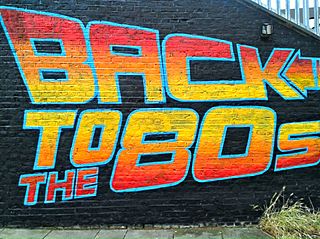
Best decade
Extremely broadly speaking, which was your favorite decade?
Back in my day...
"Back in my day, we had to walk uphill both ways in the snow. Barefoot. With blisters on our feet. We didn't have lawnmowers! We just cut the grass with our teeth!"
This "grumpy old man" mentality is not uncommon, but even this is pining for the old days in its own ironic way. "Things were different when I was a kid" implies that things were, in fact, better than they are today. So... are things better than they used to be?
During the 1980s, retro 1950s memorabilia and nostalgia was absolutely rampant. "Happy Days" was not only popular on television, but it also pervaded our consciousness beyond mere TV, as the "thumbs up" became once again a symbol of youth and nonchalance. "Back to the Future" took it another step forward in the movie theater, and pop music like the Stray Cats (and countless covers of 50s pop hits) further romanticized the era. The 50s were perceived as an idealized world especially among conservative politicians; and with TV and movies being made well, fearless political leadership, and the world being a safer, less violent place, who are we to argue?
Now we've moved on to loving the 1980s (Siriux XM's Big 80s on 8 radio station actually uses this as one of their mottos: "I love the 80s!") as the decade of choice for nostalgia fans. Ronald Reagan was a fearless, bold leader who fought the Russians bare handed, television and movies were great and well written, and the world was a safer, less violent place. Is there any validity to this kind of "past worship"?
50s, 80s, and Today
- Crime statistics suggest a steady drop in violent crime since the 1970s
- Television and other mainstream media continue to point to the more insidious elements on a daily basis
- Selective memory is a main feature of nostalgia
- The 50s did have less violent crime than the 80s, but not less than today, per capita
Crime statistics
There's a strong perception that things always get worse by the next generation. This was prevalent during the childhood of my parents, it was certainly present during my own youth, and it is equally surely alive and well today. But all of the data points in another direction, at least since the 1970s. Crime - especially violent crime - has continued to decline since then, and the trend shows no signs of slowing down.
Why do we perceive the 80s as such a safer time? Part of it is surely selective memory, but a huge part of this unsettling trend is explained extremely well by Stephen Pinker in The Better Angels of Our Nature: we simply know many, many more times more violent incidents that occur nowadays. Consider mainstream television news coverage. How many news stories per night are about gruesome, violent events, nationally or locally? Now how many per night are about the good things people do?
The truth is that we simply see more of the terrible things people do to one another because we're connected in a way we never were before, which brings me to my next point...
Alf: watch this
Yeah, but what about culture?
For those of you who are like me and have remembered fondly all the ridiculous fashions from the 1980s, please, please go take a look at some of the fashion trends. If you remember television as being better in the 80s than today, I challenge you to watch this five minute clip of one of the most popular (and personal favorite) TV shows: Alf. Alf was so awesome when I was a kid, and just plain hilarious... or so I thought. I've gone back and watched whole episodes of this and many other 80s shows, and I can tell you for certain that every single one of them is terrible. No, not like terrible in some kind of ironic way, I mean they are not watchable. Just awful.
There's one notable exception: MacGyver. Okay, MacGyver is good. But it really is an anomaly, and I would invite you to watch other shows from the 80s online for free at Hulu or on Neftlix or Amazon Prime video. Take the challenge and you'll see what I mean.
With movies, it's even more pronounced, although there were certainly some good flicks from the 80s. But I'd challenge you to watch, side by side, two movies from the same genre, one right after the other, and tell me which one is better written, has better acting, and is easier to watch. I don't think any movie made after 2010 of comparable critical acclaim will lose to any movie from the 80s, with very few notable exceptions ("Howard the Duck" is not one of them).
Gadgets
What's not even a contest is the rapid rise of technology that affects our daily lives today. Remember driving around in the 80s? How did we even get from point A to point B? Oh, that's right- we used maps, and carefully calculated the best route with a national and local map (national for broad expanses of highways, local for side streets once you got off the highways). We crossed our fingers and hoped no roads were closed, and if we got lost, we stopped to ask for directions. Sometimes the directions were good, and sometimes they weren't.
Go back further to the 1950s, and you'll realize that cars themselves were not remotely reliable (although if you go back another generation to the 1920s, it's almost laughable how sporadic the reliability of the cars were). Tires would blow out virtually every cross-town trip; engine issues abounded. Today's cars are considerably more reliable than the cars from the 80s, and the 80s' automobiles ran far better than those from the 50s, and so on.
This is true of virtually everything. While there are a select few handmade goods that are no longer being made with the love and care (furniture, especially) with as high of frequency, the overwhelming majority of products we own are many times more durable, and certainly more affordable, by generation.
Me with Han Solo
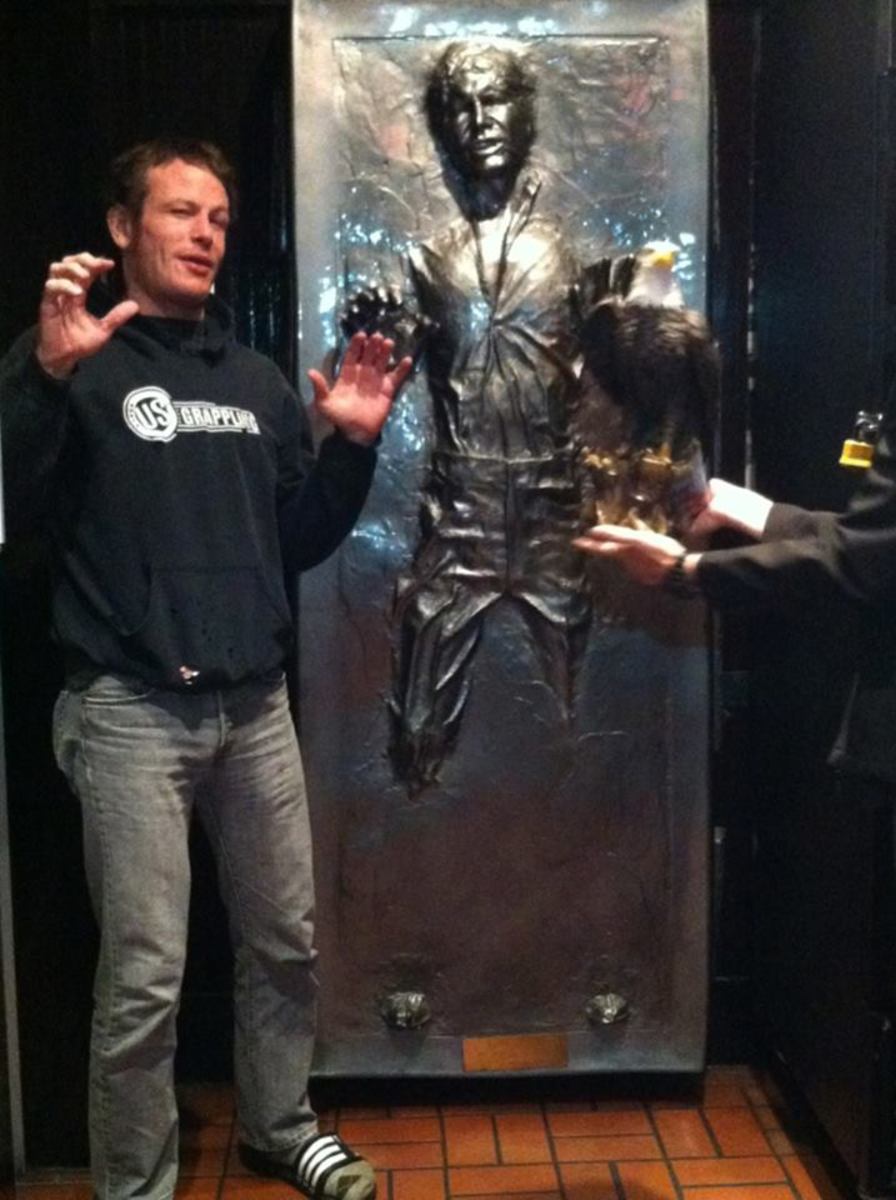
One man's opinion
But hey, the culture thing is just my opinion. Keep in mind, too, that I absolutely love the music from the 80s, in spite of how profoundly terrible the television and movies were from that time. Having said that, it's tough to dispute the facts about violence declining and technology being ever-present in our lives today. After all, here I am, sharing my thoughts with potentially thousands of people, writing an article about a subject I'm passionate about, but probably no more of an "expert" in this field than you are, across a vast network of computers that didn't exist just a quarter of a century ago!
If you have different thoughts about the culture of the 80s or 50s, or if you believe technological innovation isn't a good thing, or if you think the decline in violence is based on some kind of data bias conspiracy, please comment below! If this article resonates with you, comment too. I appreciate you reading this, and I enjoy laying my thoughts out like this.
This content reflects the personal opinions of the author. It is accurate and true to the best of the author’s knowledge and should not be substituted for impartial fact or advice in legal, political, or personal matters.
© 2014 Andrew Smith

